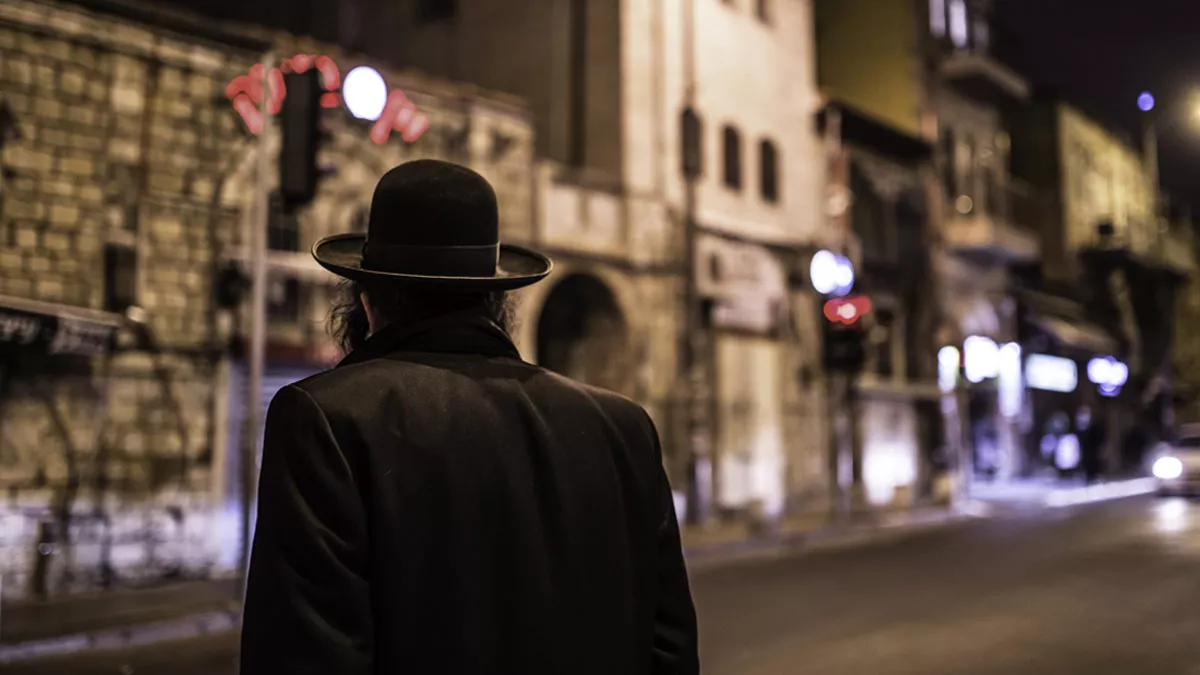
The Gospel of Peace for Cities God Loves
by David Brickner | May 1 2022
As I write, bombs are raining death and destruction on the cities of Kyiv and Kharkiv in Ukraine. I have no idea what the situation will be by the time this reaches you. It will be May, and Israelis will be getting ready to celebrate Jerusalem’s Independence Day commemorating the liberation of that city during the Six-Day War in 1967. But right now, Israeli doctors are flying to Ukraine to care for the wounded. Right now, I am struggling to know just how to pray. Right now, we have 19 missionaries and their families living in harm’s way in Ukraine. I am concerned for their safety and the safety of others, but so grateful that they are able to proclaim the gospel during this time.
What is behind the powerful hostility?
As we recoil in horror from the inhumanity that produces such bloodshed, we know that there is powerful hostility at work. The hostility of people warring against one another is obvious, but as believers, we also are keenly aware that Satan, the father of lies and the merchant of death, is at war against everything and everyone that God loves, including cities throughout Ukraine and Israel. We sense the evil one’s part in all of this. How do we respond?
How do we respond?
Yeshua is our example. First, He wept over Jerusalem. He wept because of His great love for people, and I believe He is weeping over the cities of Kyiv and Kharkiv for the same reason. The context is different, but the principles are the same.
Jesus, the Son of God, prophesied over Jerusalem saying, “Would that you, even you, had known on this day the things that make for peace! But now they are hidden from your eyes” (Luke 19:42).
Yeshua was weeping because He saw the spiritual tragedy of Jerusalem. He was able to see the past, the present, and the future of Jerusalem. He had a unique perspective on the depth of pain and suffering that had been, and would be, visited on the inhabitants because of human sin and unbelief.
Our Blessed Hope
In addition to weeping, Jesus also held out abiding hope for Jerusalem based on the possibility of her repentance and recognition of His lordship. He declared to Jerusalem, “You will not see me again, until you say, ‘Blessed is he who comes in the name of the Lord’” (Matthew 23:39). I believe that Zechariah 12:10 points to a time when this will happen “en masse.” But until that day, we are reaching out to the people of Jerusalem one by one.
Jerusalem has had more than 30 wars fought over her.
Thanks to your support we have a great team offering hope to the people of Jerusalem. Please pray for them, and for gospel conversations that may open up around Yom Yerushalayim (Jerusalem Day). Many Israelis have a sense of ambiguity about the observance because the city remains a place of great controversy and conflict. Jerusalem is a sorrowful city, a divided and divisive city. Jerusalem, in fact, has had more than 30 wars fought over her, more than any other place on the planet. The things that make for peace are still hidden from the eyes of most people who live in Jerusalem, because they do not know the Prince of Peace.
Many Israelis are surprised to hear that Jesus wept over the city of Jerusalem. We want them to know that He went so much further, dying and rising again for the people of Jerusalem—and, in fact, for the people of Kyiv, for the people of the whole world. As I write, we have staff in Ukraine who are helping to bring refugees to the border. Their unbelieving contacts are calling them, looking for spiritual answers in the midst of the chaos. Our staff is sharing their hope in that blessed One who came in the name of the Lord, and who will one day return, the holy Messiah of God. Whatever bad news may unfold, it cannot compare with the supremely good news, the gospel of the Prince of Peace.
Thank you again for helping us proclaim the gospel of peace in Israel, Ukraine, and around the world. One day that gospel will transform the sorrowful city of Jerusalem into a city of peace, and that peace will cover the whole earth. “‘[God] will wipe away every tear from their eyes, and death shall be no more, neither shall there be mourning, nor crying, nor pain anymore, for the former things have passed away.’ And he who was seated on the throne said, ‘Behold, I am making all things new’” (Revelation 21: 4–5).




